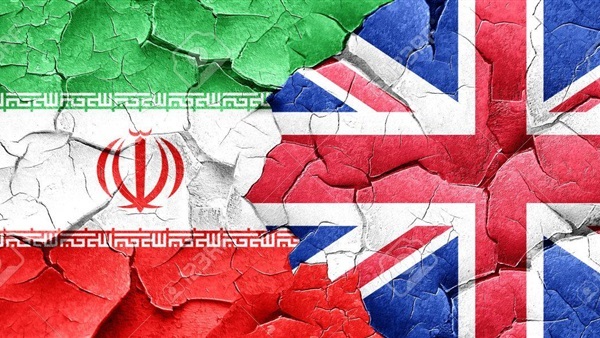Iran rebuked for harassing Europe-based Persian language journalists

Iranian
authorities have been harassing media workers at Persian language news outlets
in Europe in a systematic campaign to impose a blackout over recent events
across Iran, journalist unions have said.
The
International Federation of Journalists said family members in Iran bore the
brunt of the abuse amid threats to bring back Iranian reporters by force.
The
UK and Ireland’s National Union of Journalists said family members in Iran had
been ordered to pass on abusive messages to reporters out of the regimes reach
in London. It said relatives were questioned by Iranian authorities and their
passports had been confiscated.
Nearly
150 protesters have been killed in anti-government demonstrations in Iran,
which began on November 15, although state TV coverage has been minimal. There
have also been widespread internet cuts. Iranians are particularly enraged by
petrol price rises.
In
a statement on Tuesday, Reporters Without Borders (RSF) condemned the threats
made by the Islamic Republic ambassador in London against Iranian media and
journalists abroad and asked the British officials to pay attention to these
threatening and dangerous acts against the freedom of media and journalists,
Iran International reported.
The
statement reads, “Reporters Without Borders (RSF) condemns Iranian intelligence
agency harassment and threats against Iranian journalists based abroad,
especially in Britain, and against their families still in Iran, and the role
played by the Iranian ambassador in London in relaying these threats.”
Michelle
Stanistreet, NUJ general secretary, said: “Once again NUJ members working in
the UK are being hounded and harassed by the Iranian state.
“Once
again, officials are using outrageous tactics to intimidate and threaten
journalists across a range of media outlets in the UK and internationally,
including the targeting of our members at Iran International and the BBC
Persian Service.
“Once
again, we are seeing close relatives and family friends in Iran being cynically
weaponised by the Iranian government to intimidate legitimate journalists into
giving up their jobs, and to return to Iran – or face being snatched off the
streets in London.
“This
campaign of harassment has to stop. This cruel and inhumane tormenting of
families has to cease.”
The
statement also mentions Iran’s recent harassment and persecutions of
journalists and their families in Iran: The threats are targeting Iranian
journalists working for international media such as the BBC, Voice of America,
and Radio Free Europe and privately-owned Iranian exile media such as the Iran
International and Manoto TV channels and the Kayhan London news website. At the
same time, their relatives in Iran are being summoned and threatened by members
of the Revolutionary Guard intelligence services.”
Iran
International news network announced that it will bring a complaint against the
Islamic Republic regime of Iran for jamming this network’s satellite signal.
The
complaint will be presented to Ofcom, Britain’s Office of Communications, which
oversees media regulations in the country.
Ofcom,
in turn, could refer Iran International’s complaint to the International
Telecommunication Union (ITU) at the United Nations. ITU is in charge of
coordinating the shared global use of the radio spectrum and assigning
satellite orbits.
The Islamic Republic of Iran usually jams the signals of Persian speaking new channels abroad to prevent Iranian citizens from accessing them. During events such as mass protests in Iran, the jamming of satellite signals by the regime intensifies.

Iran-affairs researcher Ahmed Qebal has told The Reference in an interview that in light of the repression and tyranny that the mullahs' regime deliberately practices against the Iranian people, this regime misleads and obscures the media on Iranian and international media platforms, either by exerting pressure on the staff of these platforms or influencing them through a network of Iranian agents.
He also pointed out that Britain, as one of the Western countries supporting the Iranian opposition against the violations and aggression of the Iranian regime was a key party in confronting these Iranian actions.







